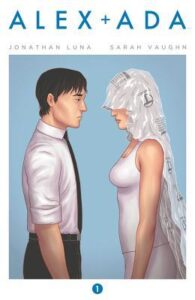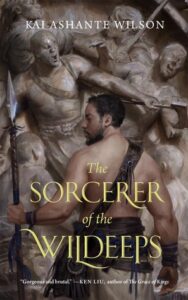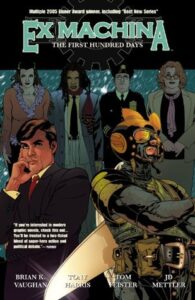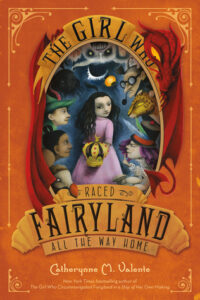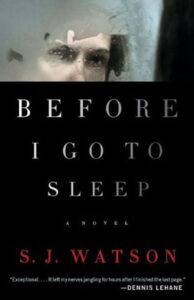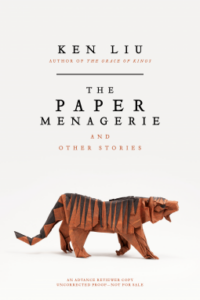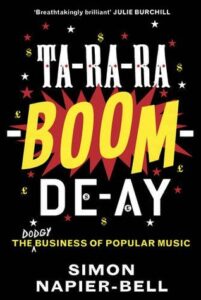 Ta-Ra-Ra-Boom-De-Ay: The Dodgy Business of Popular Music, Simon Napier-Bell
Ta-Ra-Ra-Boom-De-Ay: The Dodgy Business of Popular Music, Simon Napier-Bell
The style of this history of the music industry is casual and gossipy, and it’d be really easy to read… if I didn’t keep running into phrases like “Red Indians” and “sang the verse like a virgin and the chorus like a whore”. You what? Red Indians, really? In this day and age? And really, a bit of straight-up Madonna/whore bullshit?
I took a couple of deep breaths and read on, but that was just the first chapter and there was plenty more where that came from. If you’re looking for something casual and gossipy, and you don’t mind the occasional stunningly offensive line, then you might well enjoy it; for a non-fiction book, it is actually quite well paced, and there’s plenty of scandal in the music industry to entertain you. Just… apparently very much not for me. So full disclosure: I didn’t finish it.

